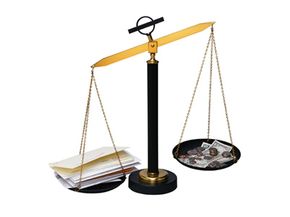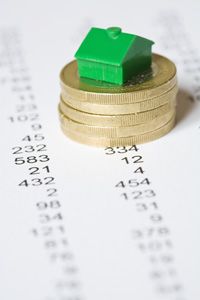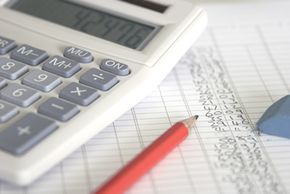When you were younger, did you ever wonder if you'd amount to anything? Although it may be hard to quantify your true worth, it's easy to quantify your finances. If you've never done it before, perhaps it's time to take inventory and find out exactly how much you're worth. Calculating your net worth will give you an accurate picture of where you stand financially.
Net worth is a single amount representing how much money a person would have if he sold all of his assets and paid off his debts. Unless you plan on shedding yourself of every material thing in your life right now and starting anew, you probably won't ever act out this scenario. So, why consider it at all? If you have any financial plans for the future -- say, buying a house, sending a kid through college or retiring -- it's especially important to know your current financial state. As the saying goes, you never know how to get somewhere unless you know where you are right now. Knowing your net worth helps you make better decisions on how to accomplish your financial goals.
Advertisement
Determining your net worth involves taking a good hard look at all aspects of your finances -- the good, the bad and the ugly. This means that you may not come out ahead when all is said and done. Prepare yourself for the possibility that the final number will be negative. A negative net worth means that you owe more than you own. A hefty mortgage, student loans or steep credit card debt could send you down into negative territory. But, take heart; there are several avenues out of debt that we'll discuss later.
Hopefully, you'll come out ahead with a positive number. A positive net worth means you own more than you owe. Getting a positive number doesn't mean you should just pat yourself on the back and forget about it. Using your funds wisely helps you reach your financial goals sooner.
So, how do you determine what you're worth? It's a pretty simple process. So let's distinguish what counts as an asset and a liability on the next page.
Advertisement


